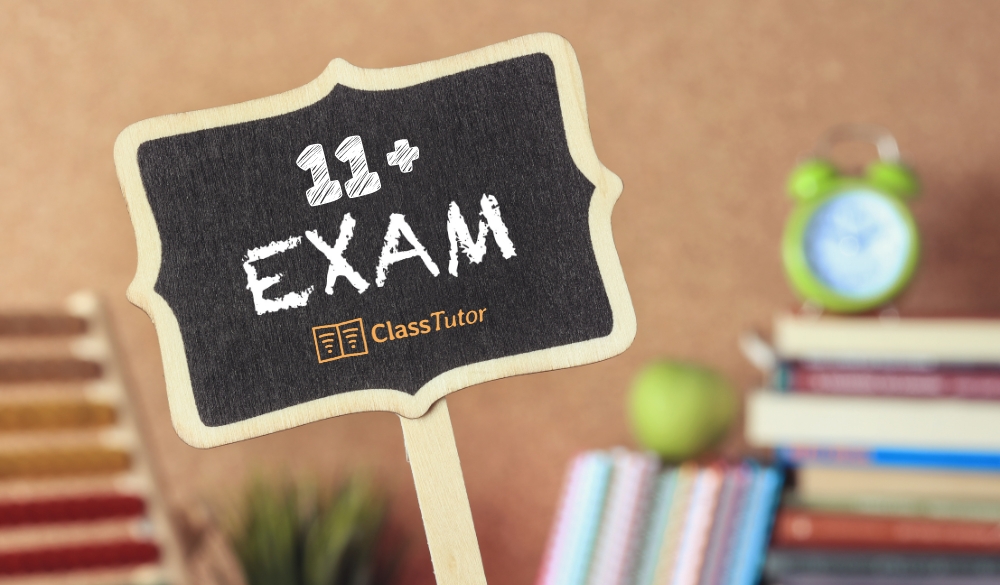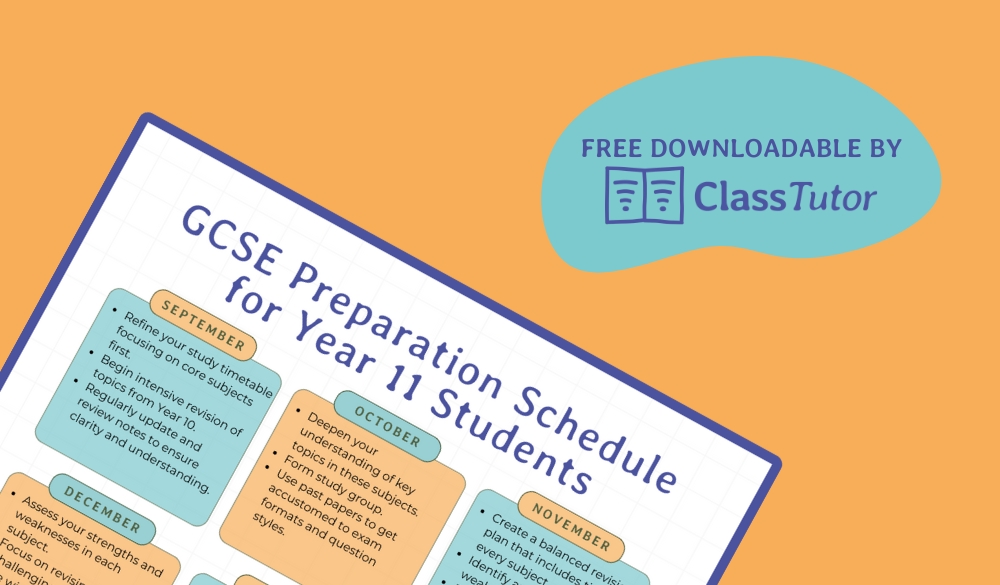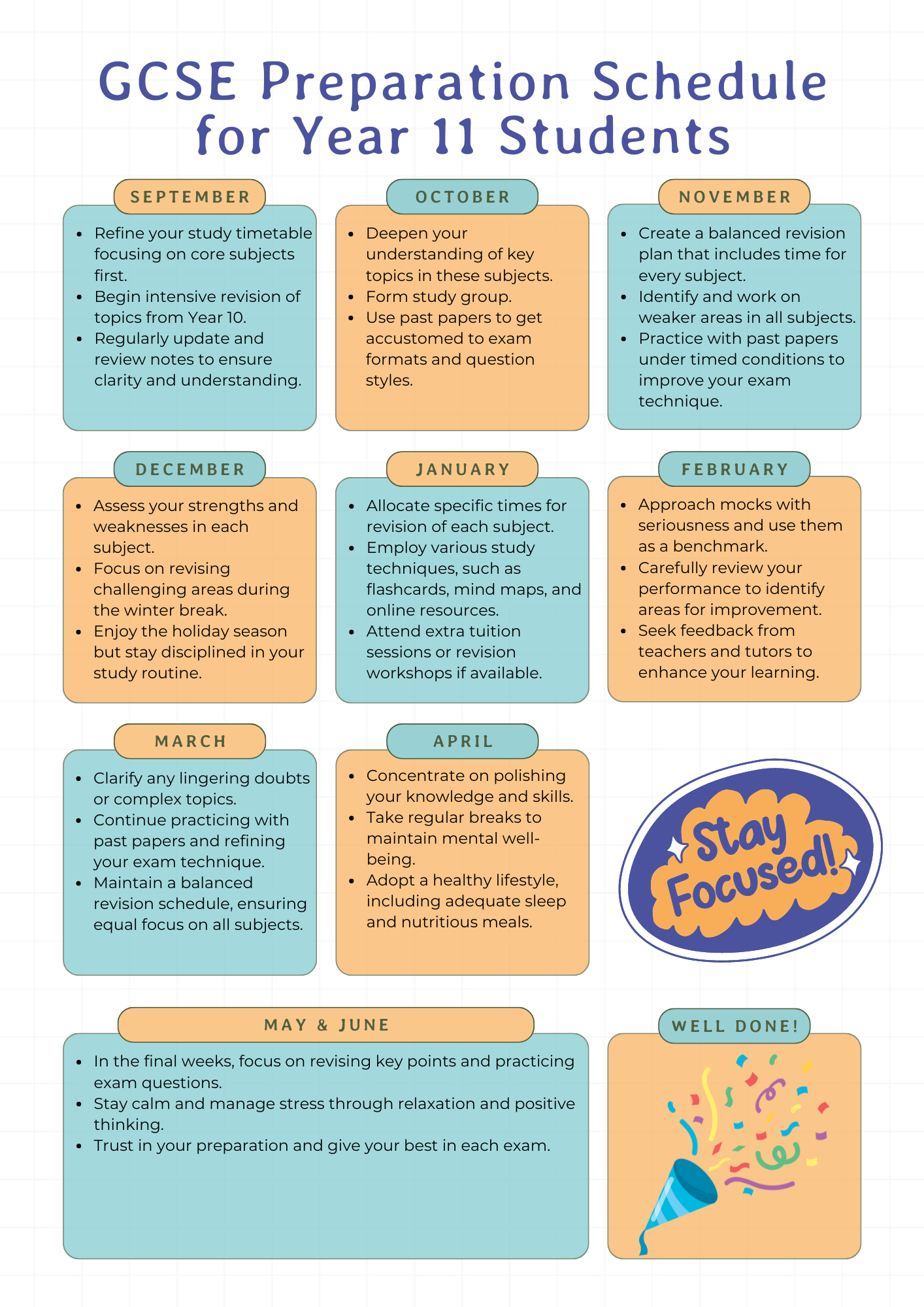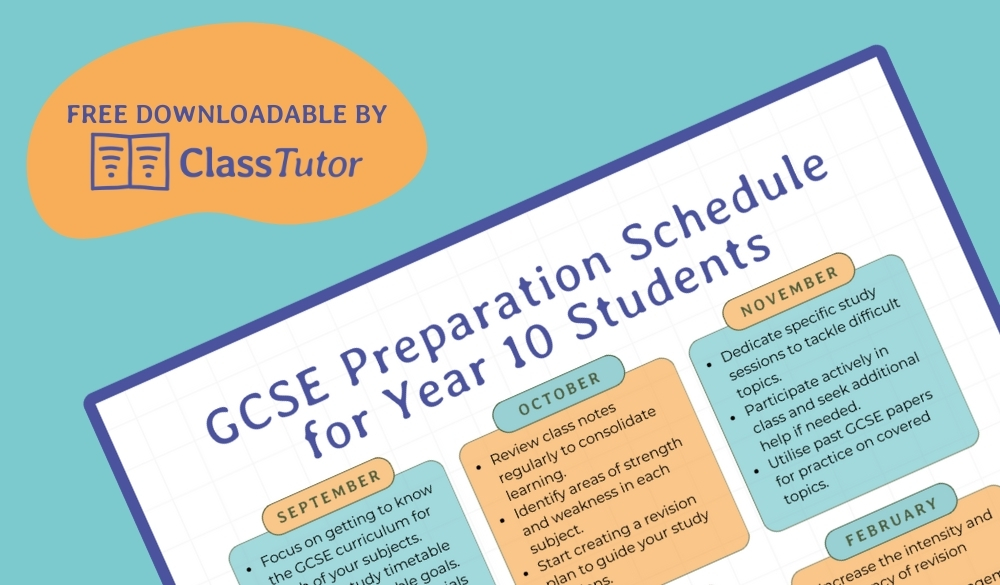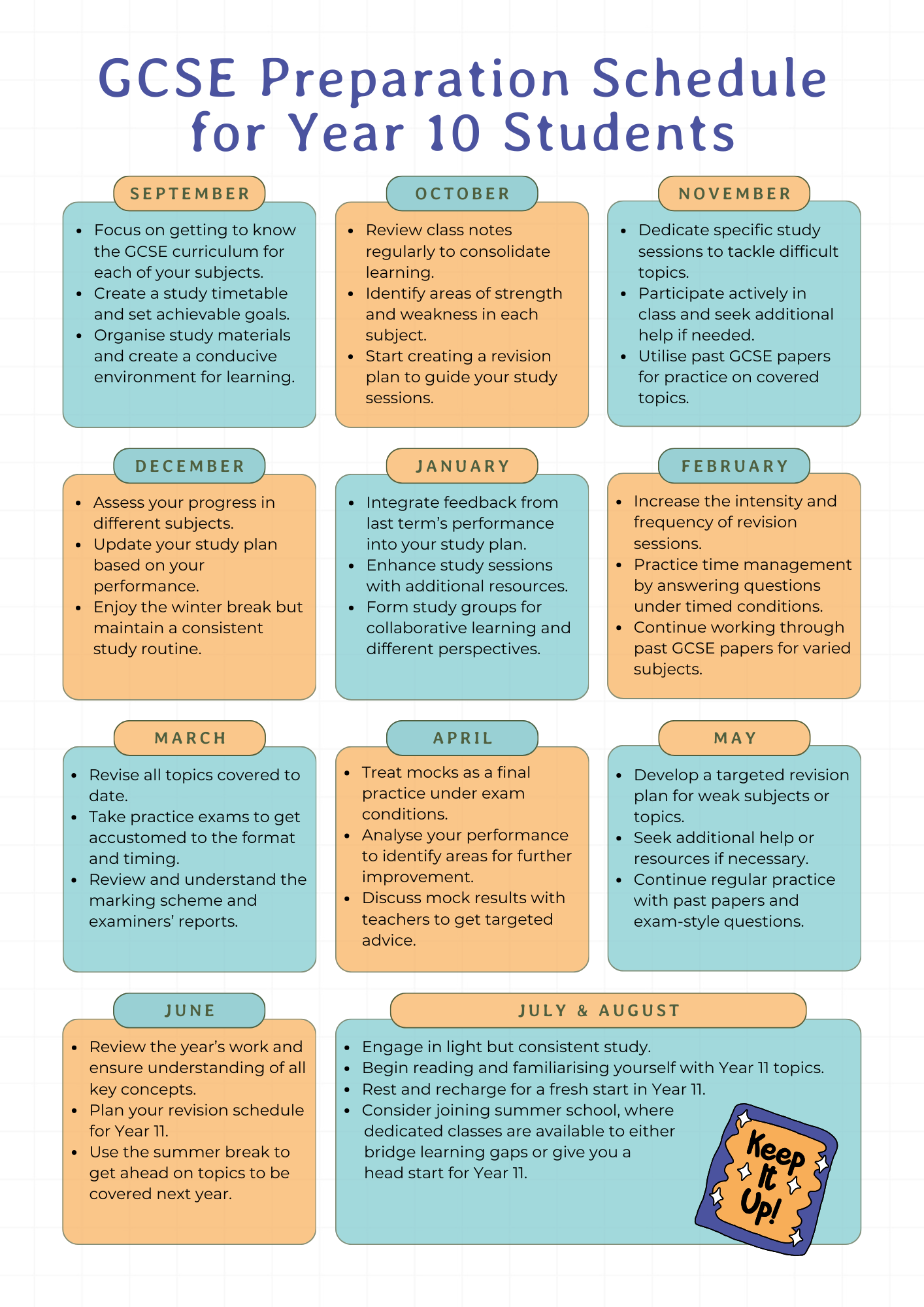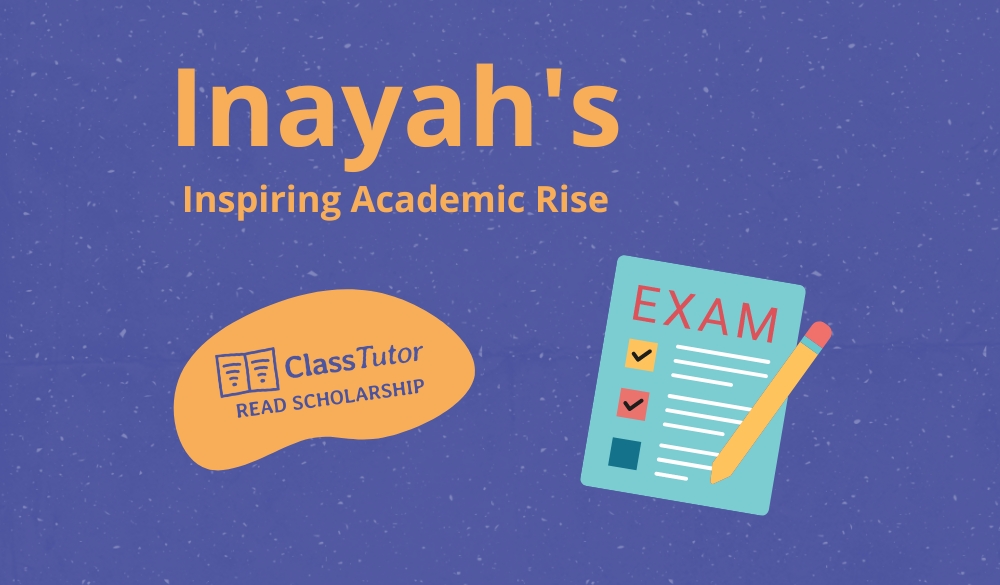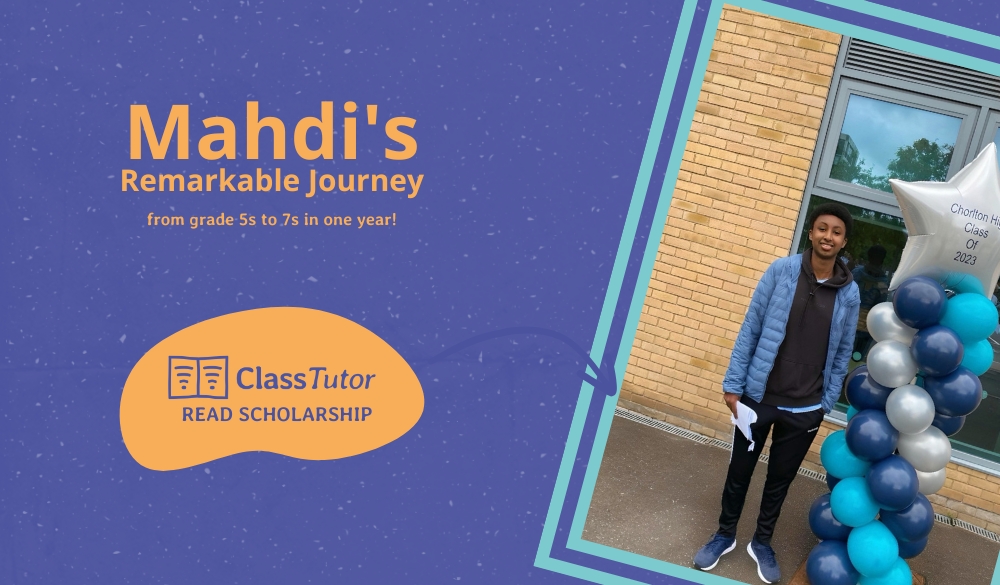How to Maximise Holiday Time and Revision
How to Maximise Holiday Time and Revision

The holiday season offers a perfect opportunity to balance relaxation with productive revision, and it’s crucial to utilise this time effectively to enhance academic success.
At ClassTutor, we understand the challenges and pressures students face. Here’s a guide on how to make the most of your holiday time, including how our services can support your academic journey.
Set Clear Goals
Begin by setting clear, achievable academic goals for the holiday. Identify areas of improvement and focus on subjects that need the most attention.
- Define Objectives: Utilise ClassTutor’s assessment tools to help pinpoint areas where you can improve.
- Targeted Revision: ClassTutor’s tailored lessons can help you focus on specific subjects or topics, making your revision time more productive.
Create a Structured Yet Flexible Schedule
Craft a revision schedule that includes time for study, rest, and play. A structured plan helps manage time effectively, ensuring you stay on track without feeling overwhelmed.
- Structured Flexibility: Use ClassTutor’s flexible scheduling options to fit live tutoring sessions around your holiday activities.
- Balance: Incorporate short, focused tutoring sessions with ClassTutor that leave plenty of time for holiday fun.
Employ Active Revision Techniques
Active revision techniques, which involve more engagement with the material, can help deepen your understanding and retention.
- Interactive Learning: Engage with ClassTutor’s interactive lessons and live problem-solving sessions, which can be more effective than passive study methods.
- Visual Aids: Create mind maps and flashcards in the ClassTutor platform to organise your notes visually and make revision more dynamic.
Leverage Digital Tools
Take advantage of online resources to enhance your revision. ClassTutor offers a range of digital tools and content that can be accessed anytime, anywhere.
- Educational Resources: Access ClassTutor’s library of past papers & Mark Schemes.
- Engaging Formats: Use ClassTutor’s interactive quizzes and games to review key concepts more engagingly.
Stay Physically and Mentally Healthy
Keeping your body and mind healthy is crucial for effective studying.
- Active Breaks: Use holiday time for physical activities to keep your energy levels up. ClassTutor sessions are designed to be concise and intense, allowing time for exercise.
- Proper Nutrition and Sleep: Follow a healthy diet and maintain regular sleep patterns to optimise brain function during study sessions.
Reflect on Your Progress
Regularly evaluate your revision progress and adjust your strategies as necessary. ClassTutor’s feedback system allows you to track your improvements and areas needing more focus.
- Progress Tracking: Utilise ClassTutor’s tracking tools to review your progress and adapt your study plan accordingly.
- Constructive Feedback: Take advantage of feedback from ClassTutor’s expert educators to refine your approach to challenging topics.
Maximising your holiday time for revision doesn’t mean sacrificing all your downtime. With ClassTutor, you can find a perfect balance between effective study and relaxation, ensuring you return refreshed and ready for the challenges ahead.
By integrating structured tutoring sessions, leveraging interactive tools and maintaining a healthy lifestyle, you can enhance your learning efficiency and enjoy a productive holiday season.
Start planning today with ClassTutor to make your next holiday both enjoyable and academically rewarding.







